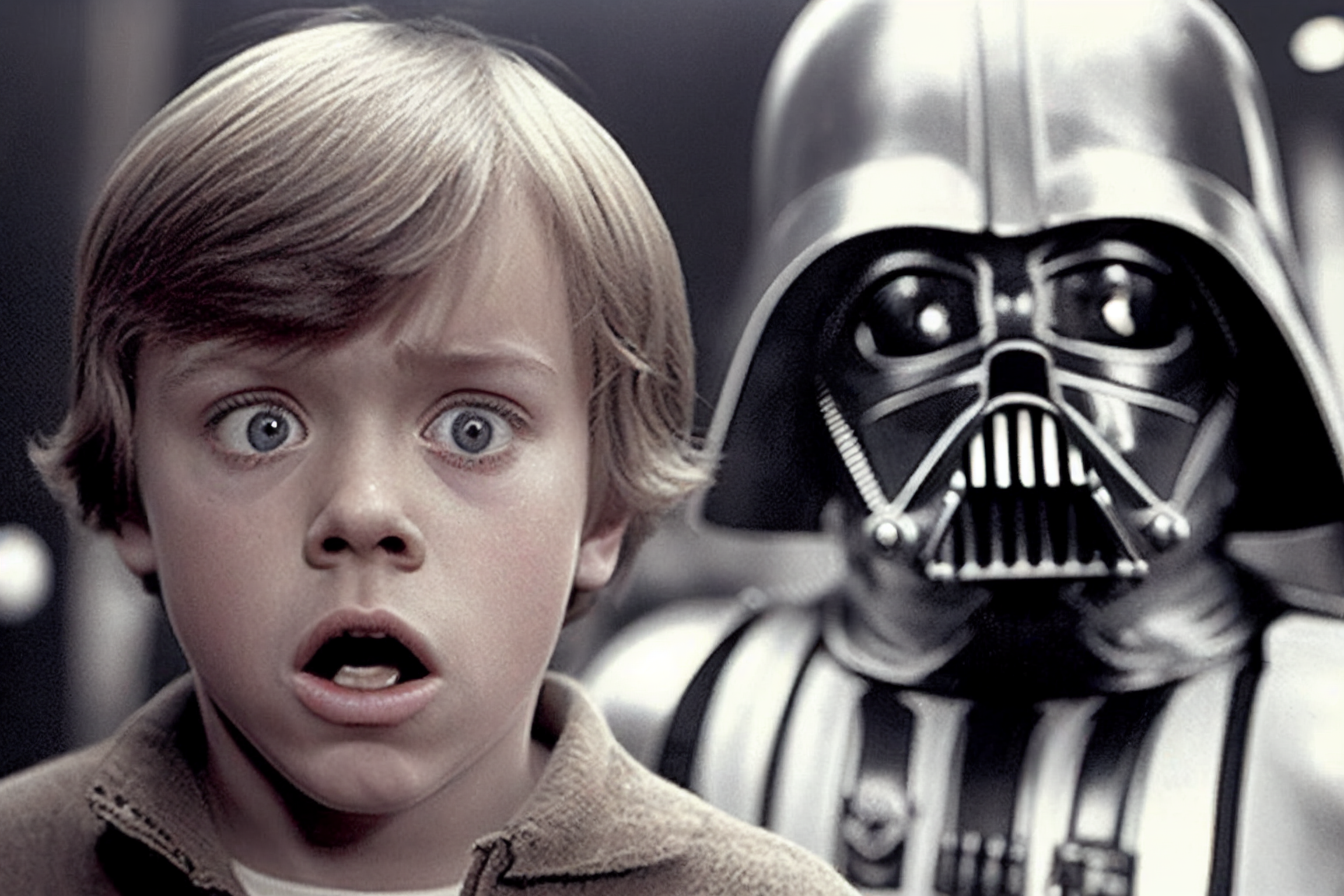How Does Divorce Impact Children?
Divorce is a challenging and often painful process for couples, but it is important to recognize that it can also have significant repercussions on children.

Divorce is a challenging and often painful process for couples, but it is important to recognize that it can also have significant repercussions on children. While divorce may be the option for an unhappy marriage, it is crucial for parents to understand and address the potential negative effects it can have on their children. In this blog, we will explore the detrimental effects of divorce on children, including emotional distress, academic difficulties, and an increased risk of engaging in risky behaviors.
Emotional Distress
One of the most prominent and immediate effects of divorce on children is emotional distress. The dissolution of their parents' marriage can lead to feelings of grief, sadness, anger, and confusion.
Children may experience a range of emotions as they try to comprehend the changes happening in their family dynamic. They may feel a sense of loss, as their familiar routines and sense of security are disrupted.
Moreover, children often blame themselves for their parents' divorce, even if there is no rational basis for this belief. This self-blame can lead to a significant decrease in their self-esteem and confidence.
The emotional distress caused by divorce can manifest in various ways, such as anxiety, depression, and withdrawal from social activities. It is important for parents to provide emotional support and reassurance to their children during this challenging time.
Academic Difficulties
The impact of divorce on children's academic performance is another critical area of concern. The emotional turmoil they experience can have a direct effect on their ability to concentrate, focus, and succeed academically.
Divorce can disrupt the stability of a child's home environment, leading to changes in their routine and living situation, which may affect their educational progress.
Additionally, children going through a divorce may experience a decline in motivation and a lack of interest in school. They may also have difficulties with time management and organization, resulting in lower grades.
It is essential for parents, teachers, and other adults involved in the child's life to provide consistent support and guidance to help mitigate these academic challenges.
Risky Behaviors
Another alarming consequence of divorce is the increased risk of children engaging in risky behaviors.
Divorce can disrupt the family structure and create an environment where children may seek alternative sources of emotional support or validation.
Without the stability and guidance provided by both parents, children may turn to unhealthy coping mechanisms or experiment with risky behaviors such as substance abuse, early sexual activity, or delinquency.
When going through a divorce, parents should prioritize the well-being of their children and take steps to protect them from negative experiences.



